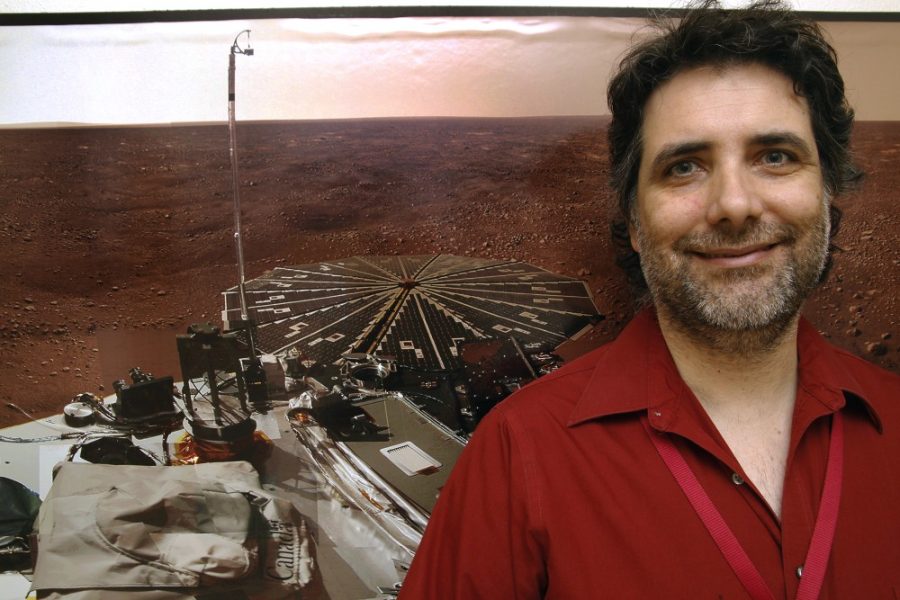Moon Express, a privately funded lunar transportation company, has 20 million reasons to accurately land their robot on the moon as part of the Google Lunar X Prize.
Roberto Furfaro, an assistant professor of systems and industrial engineering and Daniel Wibben, a systems engineering graduate student, will work with Moon Express to attempt a pinpoint landing on the moon in 2014.
After landing within 10 meters of its intended target, Moon Express’ robot will have to travel 500 meters on the moon’s surface and send video, images and data back to Earth by the end of 2015 to win the $20 million grand prize. The 2008 Phoenix Mars lander’s landing target was 20 kilometers wide and 120 kilometers long. Twenty-six teams are competing for a portion of the prize, which is the largest international incentive prize of all time, according to the Google Lunar X Prize’s website. Teams must be at least 90 percent privately funded to be eligible for the prize.
The lander is slated to reach the moon about three days after launch. The autonomous spacecraft’s algorithm will allow it to surpass the landing accuracy of past unmanned landers, said Furfaro, who is working on the guidance, navigation and control, or GNC, team that oversees the landing phase.
“It’s very hard, but we’re used to that kind of pressure at the UA,” he said.
The UA is internationally recognized for its work in space exploration. Furfaro is also on the OSIRIS-REx team, a UA-led asteroid sample return mission funded by NASA’s $800 million grant.
The biggest difference between working with NASA and a private company is the amount of freedom you have, Furfaro said. More risks are taken when private investors are funding the project instead of the government.
Wibben works with Furfaro on the GNC team. Working with Moon Express gives him rare work experience and elevates his resume, especially with the direction space exploration is headed, Wibben said.
“With NASA cutting back on trips to the moon, commercial companies are moving in to fill that void,” Wibben said. “I’m grateful to be here and gaining experience.”
UA students will directly benefit as private companies like Moon Express expand their operations, Wibben said. Furfaro agreed.
“We’re at the frontier of private space. Students will have the opportunity to shape a new phase in space exploration,” Furfaro said. “But getting involved doesn’t happen in a day. There’s a lot to be mastered and it takes a lot of work, me included.”
The biggest challenge for the Moon Express team is the same one all their competitors will face.
“It’s a one-shot deal,” Furfaro said. “We don’t have the luxury of doing a full scale rehearsal.”
It’s up to the Moon Express team to construct everything properly and catch problems early on, he said.
Winning the Google Lunar X Prize is their goal, but the project will not be a failure if they don’t win. Collaborating with Moon Express will benefit the UA and its students tremendously and, in that sense, it’s already been a success, Furfaro added.
“Competing for the Google Lunar X Prize is a huge deal,” Furfaro said. “You have the opportunity to do something no one has ever done before you. And it’s just the beginning.”









